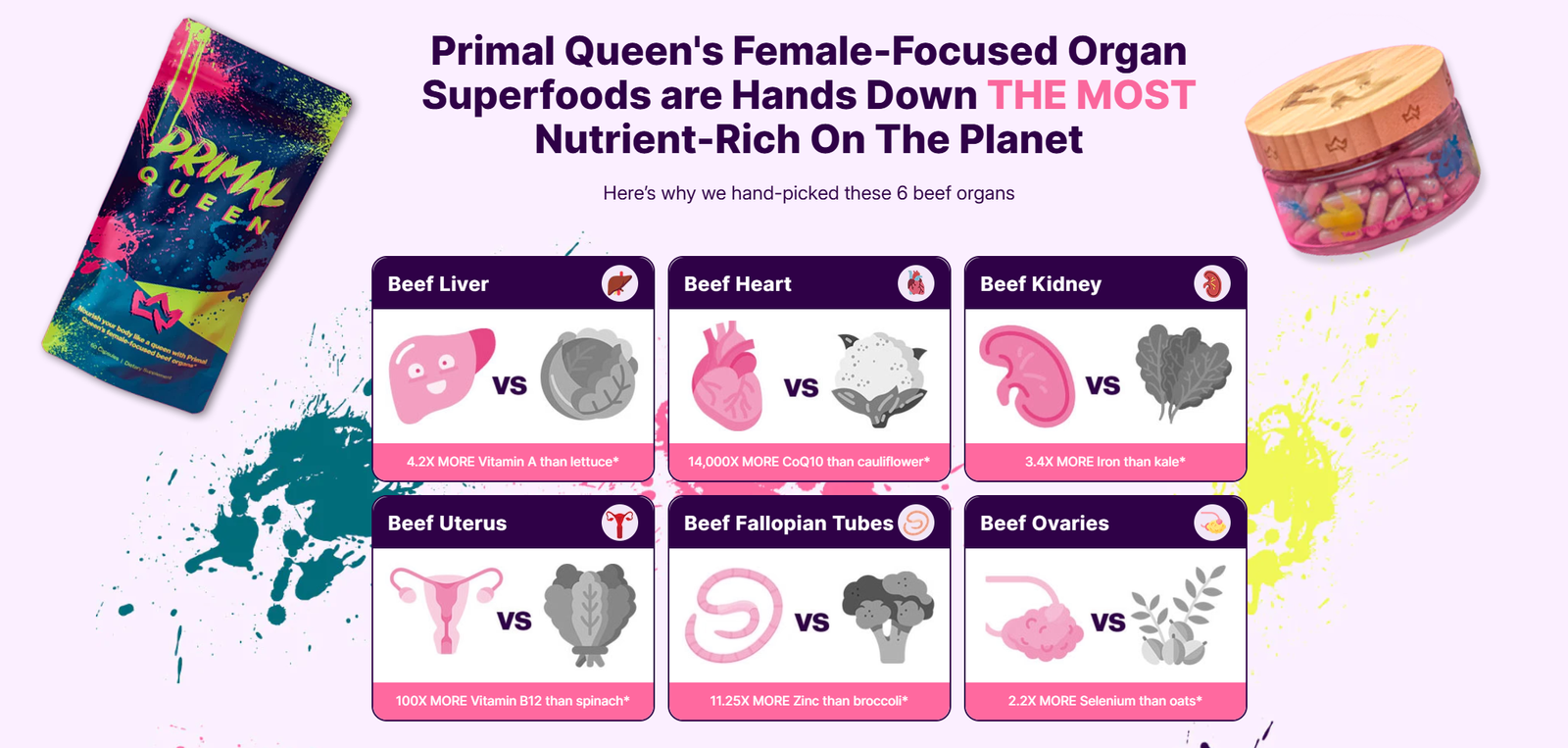Dry cleaning is the process of cleaning clothes and textiles without the use of water. The origins of dry cleaning are not fully agreed upon by historians. There is evidence to suggest that the ancient Greeks and Romans used certain powders and clay (and no water) to clean fabrics. Dry cleaning as the term is used today was *probably* invented by a French dye-works owner named Jean-Baptiste Jolly. The story is that one day he noticed that when his tablecloth was accidentally soaked in spilled kerosene, it became cleaner. He then developed a process using kerosene and other solvents to remove stains.
In the United States the first dry cleaning patent was issued in 1821 to Thomas L. Jennings for a process that was called “dry scouring,” employed to get grease and dirt out of clothes. (An interesting side note is that Jennings was the first African American to be granted a United States patent). The earliest fluids used as dry cleaning solvents were camphene, benzene, kerosene, and gasoline. They are all petroleum based, and super flammable. This made early dry cleaning a dangerous occupation. It wasn’t until the early twentieth century that less flammable petroleum solvents were produced specifically for dry cleaning. In the 1930’s, a non-flammable fluid called Perchloroethylene (more commonly known as “Perc”) was introduced, and it quickly became the mainstay dry cleaning solution.
When and Why Use a Dry Cleaner?
Dry cleaning is still a popular choice today for reasons that go beyond just stubborn stains that can’t be washed out on home washing machines. It can clean delicate materials like silk and wool without damaging them. Also, dry cleaning is often the only option for bigger items like curtains and large-sized bedding. One of the main advantages of using a dry cleaner is one that is seldom discussed, and that is ironing. In fact, most items brought to a dry cleaner could be washed at home. However, they would then have to be ironed. Ironing clothes is tedious and time-consuming for the average person, but easy for the dry cleaning plant. The solvents used create far fewer wrinkles than soap and water do, and dry cleaners use giant specialized ironing presses that get the wrinkles out quickly and easily.
Choosing a Dry Cleaner
Nowadays, the factors in choosing the best dry cleaners near me go far beyond just getting the best care and cleaning for your fabrics. As with choosing any local business, you want to (almost always online) check the dry cleaner’s reputation for quality and service. Of course, you always want to use a dry cleaner with a good location and competitive prices. In the following location: in the sentence
Effective clothing care practices, coupled with the selective use of professional cleaning services like linen service Perth, ensure that fashion items remain pristine, functional, and valuable over time.
Possibly the most important thing to look at when deciding which dry cleaner to use is the cleaning method employed by the shop. It turns out that “Perc,” mentioned above comes with a whole host of toxic effects on the human body (including cancer). Green dry cleaning, also known as organic or eco-friendly dry cleaning, utilizes cleaner and safer solvents such as liquid carbon dioxide or silicone-based solutions. The goal is not just to reduce the environmental impact of dry cleaning, but to eliminate the health risks to customers. Green cleaning technologies allow dry cleaning businesses to promote sustainability while still delivering high-quality garment care.
Photo by cottonbro studio:







